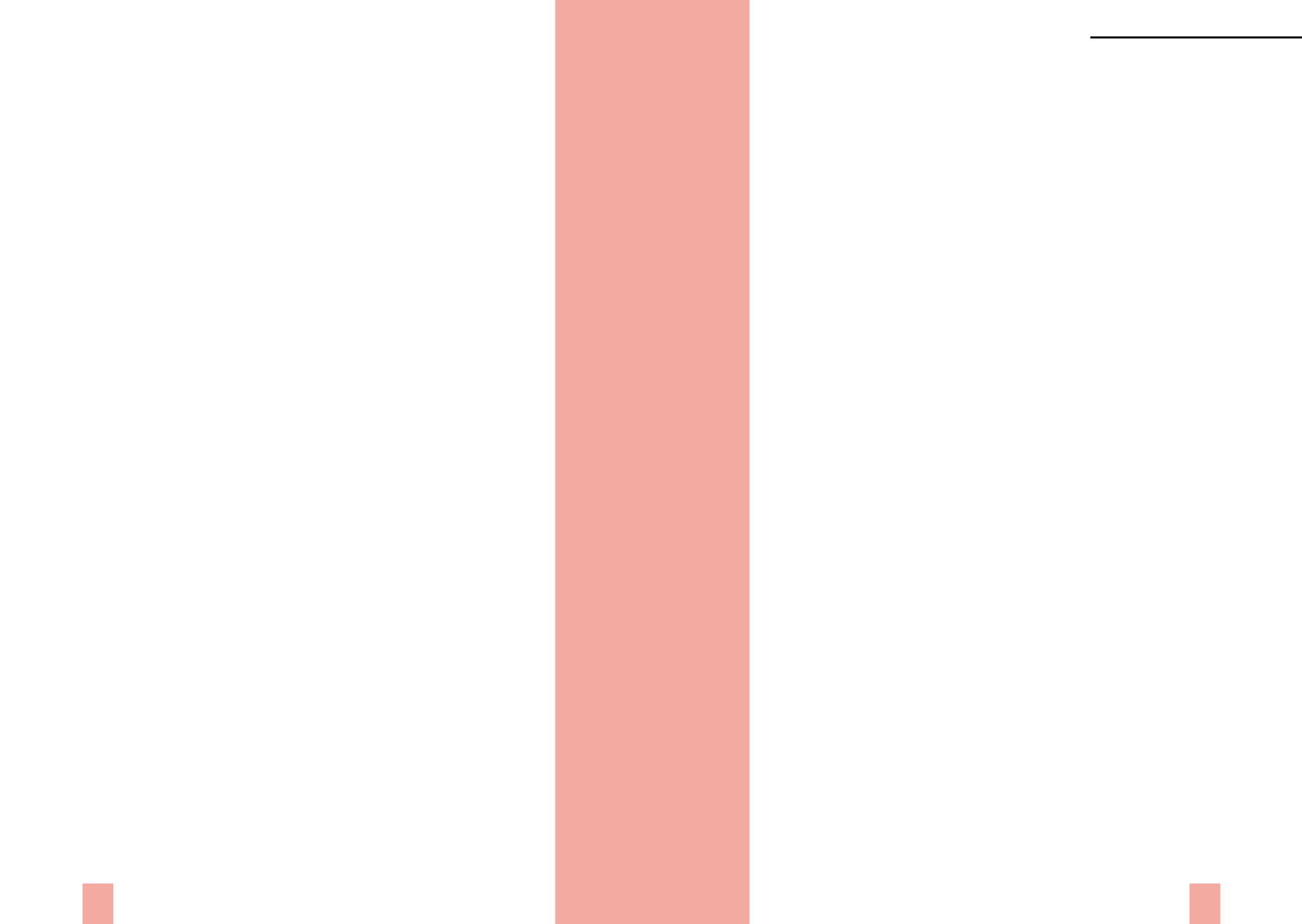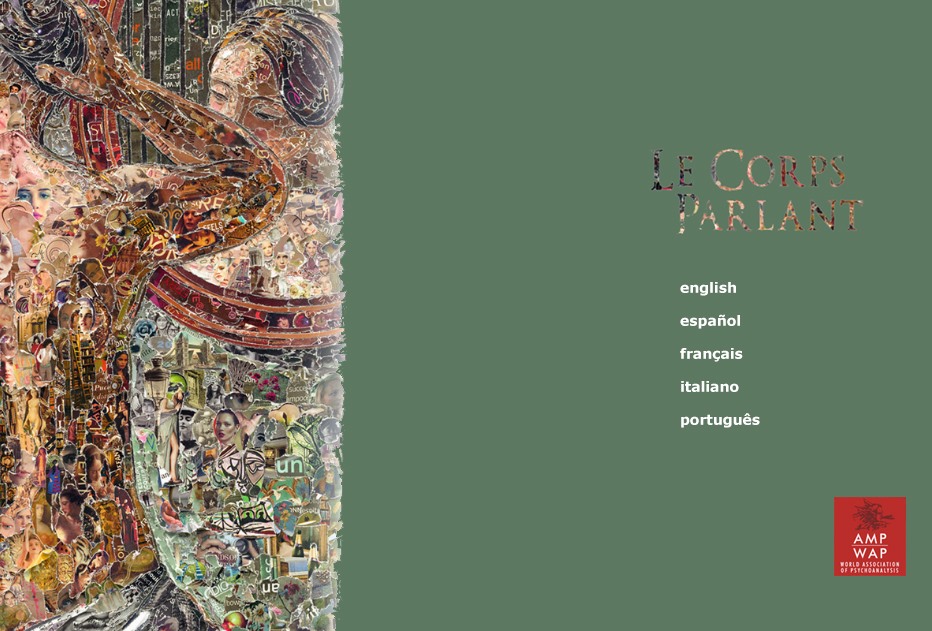

THE SPEAKING BODY
Xth Congress of the WAP,
Rio de Janeiro 2016
475
474
the start of suffering– for example, with the equivocation of cries, which in the
speaking being, can spell out this irruption.”
p. 37-38
“
Jouissance
is not prior to the signifier, even if it is of the body. In what we no
longer call the subject but the
parlêtre
, the speaking being –as we regard it as
essentially concerned by
jouissance
– the body itself, its body, does not come
before the signifier either. It is not a reality prior to the signifier. By this fact, the
parlêtre
is not its body. It has its body–in the same way as someone has a good,
a property, an object, which is well or badly treated, disdained, abandoned or
pampered. The care that is given or not to the body denotes the unconscious
value that is attributed to it.”
p. 40-41
“The
jouissance
of which the
parlêtre
is capable is always the unsuitable
jouissance
.
We can always say of
jouissance
, in Latin:
Non decet
–it is not suitable. The only
suitable
jouissance
would be that of the sexual relationship, which does not
exist.”
p. 45
“In this regard, if we remove its original reference,
jouissance
is everywhere in
the signifier. There is a
jouissance
of speech, which is part of the metonymy of
substitutive
jouissances
. There is a
jouissance
of knowledge, of the forbidden, etc.
There is nothing within the sphere of the
parlêtre
to which a
jouissance
cannot
be attached. Paraphrasing Leibniz, we might say: Nothing is without
jouissance
.”
p. 47
“
Jouissance
can be tracked down in all manifestations of interest. We might
even say that nothing subsists for the
parlêtre
which does not have a
jouissance
coefficient. This is how the formulation of symptoms is coextensive to the
emergence of
jouissance
.”
p. 48
III /a.2 Other publications
“Lacan with Joyce: The Seminar of the Clinical Section of Barcelona”
(1996). Trans.: Ph. Dravers [PN 13, 2005]
“Joyce shows us that the trauma is that of the incidence of language on the
speaking being. All that Freud says about fixation passes through language.
Joyce shows us in a pure way the essence of this trauma, which is the trauma
of language. He exploits this trauma,
sintraumatises
it as Lacan says. This is
the essence of any symptom. They usually hide themselves beneath fantasies,
but with Joyce we have the essence of what a symptom is. It is the knot of the
clinic.”
p. 31
“Interpretation in Reverse” (1996), [LL]
“Beyond this, another dimension opens up where the structure of language
itself is relativized and merely appears as an elaboration of knowledge [
savoir
]
on
lalangue
. The term ‘signifier’ fails to grasp what is at stake since it is designed
to grasp the effect of the signified, and it struggles to account for the jouissance
produced. From then on, interpretation will never again be what it used to be.
The age of interpretation, the age in which Freud turned the universal discourse
upside down by means of interpretation, is over.”
p. 6
“Equivalence Between the Other and the Symptom” (1998). Trans.:
B. Wolf [PN 12, 2004]
“The Thing of the speaking being has nothing to do with the pure, vital
jouissance
of the image being; there is a special status of
jouissance
beyond the
symbolic–the
jouissance
in question in the Thing is an effect of the signifier. And
that is why from
L’Envers
onwards Lacan can say that the signifier is introduced
as an apparatus of
jouissance
.”
p. 19
“Psychotic Invention” (1999). Trans.: A. R. Price [HB 8, 2012]
“The subject’s language–organ forms a
parlêtre
. This means that a
dire
, a fact of
saying, issues him Being, but at the same time it issues him ‘having’, his essential
‘having’ which is to have a body.”
p. 261
“On the Discourse of Science” (2002). Trans.: L. Singer and T. Sowley
[A 4, 2004]
“Language as such is not necessarily spoken. It is a set comprising a lexicon
and a grammar. It is dead. There is discourse when a speaking being, a
parlêtre
,
brings life to language, or is enlivened by it, when he dwells in it, when he is
infiltrated, inhabited by language.”
p. 18
“The Other Side of Lacan” (2007). Trans.: B. B. Fulks [LI 32, 2008]
“In the other side of Lacan, the Other is destitute, the subject is conceptualized
from the real, from the symbolic and from the imaginary as being these three
consistencies. This is, moreover, no longer the subject of the signifier, the subject
of identification, but rather the human being characterized as parlêtre. This is
what remains of the primacy of language. In the place of the Other, there is
a whole other principle of identity, of which Lacan only gives some fugitive
glimpses: in lieu of the Other there is the body. Not the body of the Other, the
Jacques – Alain Miller



















